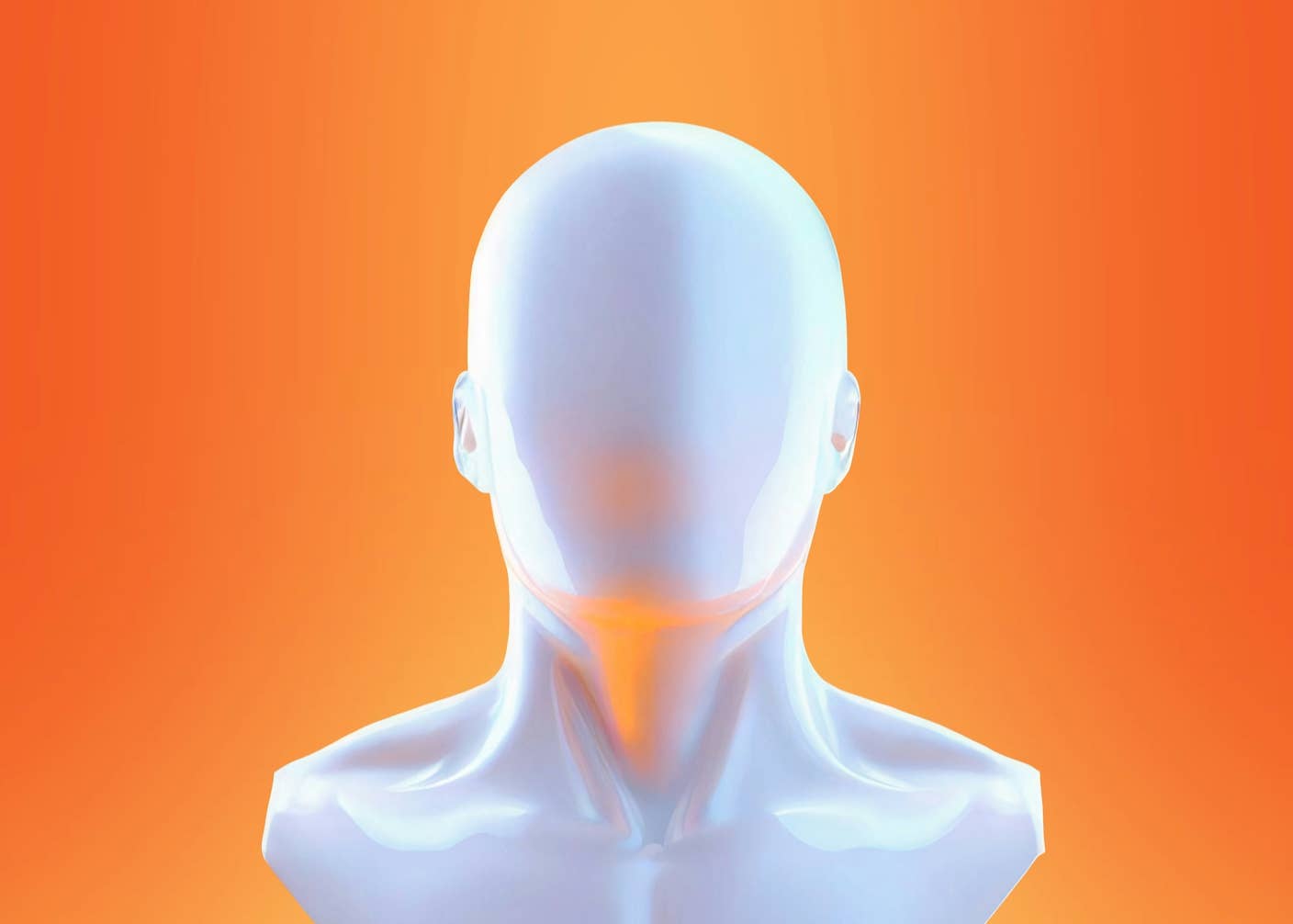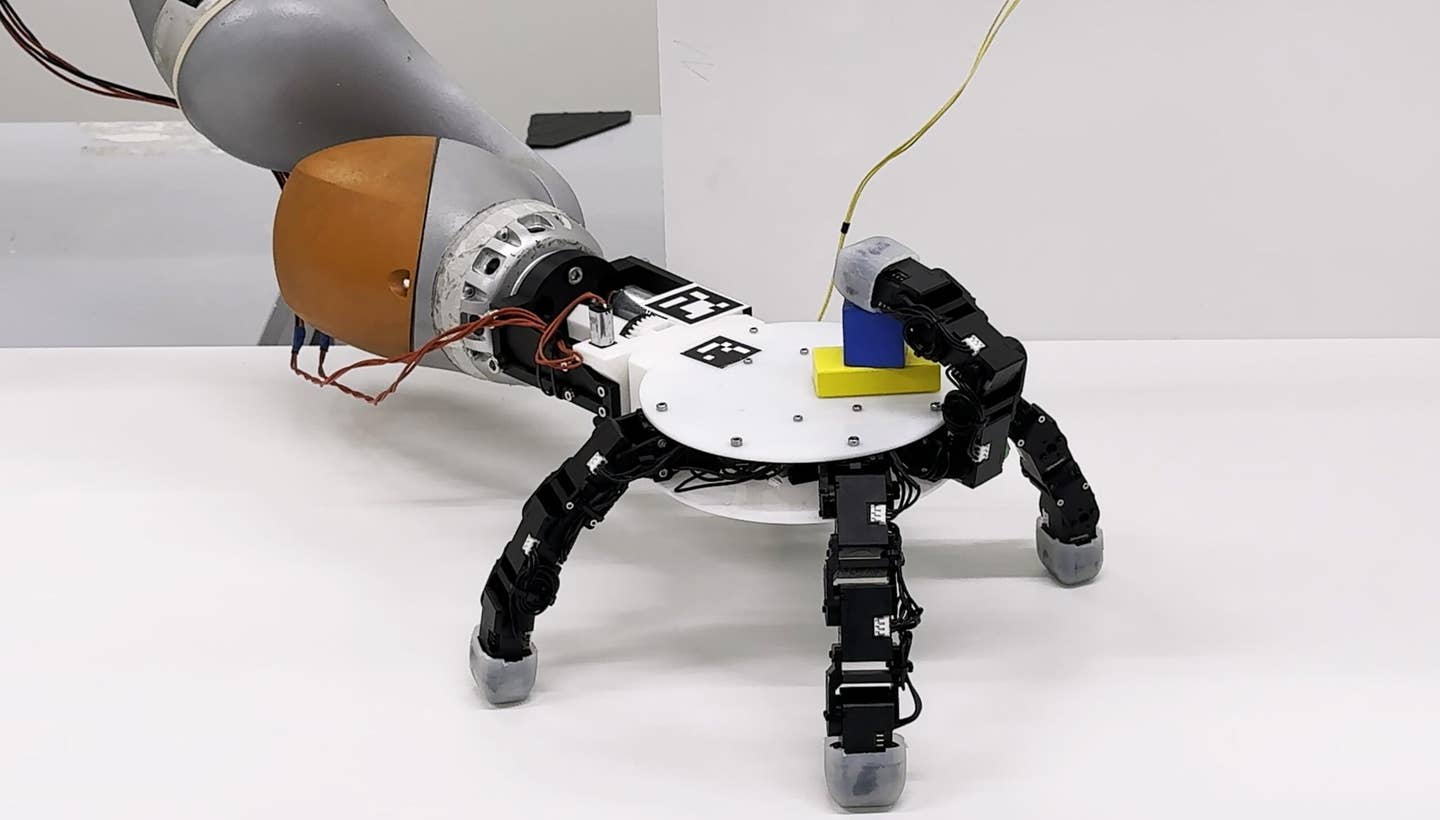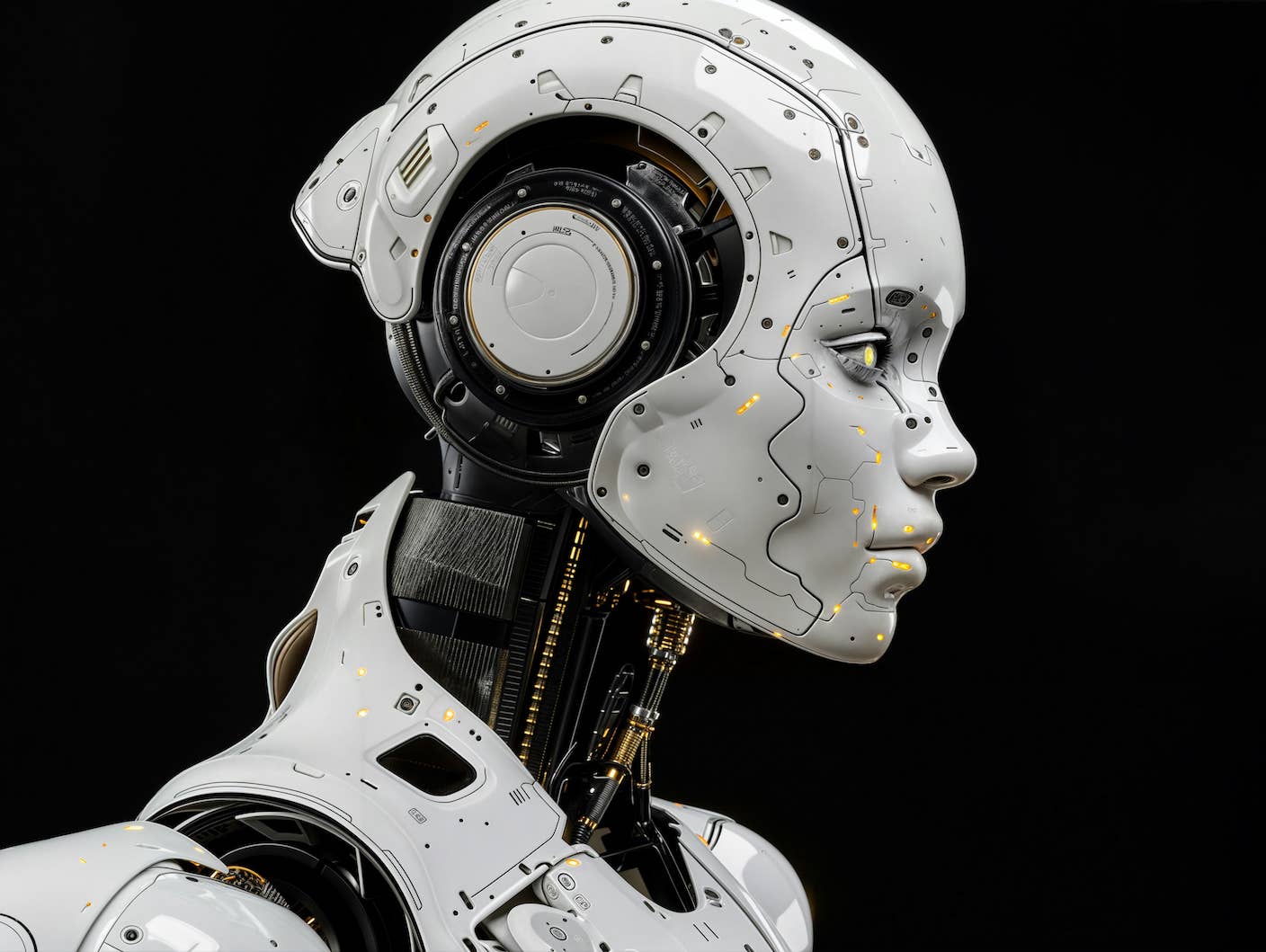Willow Garage NOT Shutting Down, Evolves To Go Commercial

Share
Willow Garage, the robotics startup that brought us PR2 and the Robot Operating System (ROS) open source software library will soon cease to exist – at least as a stand alone entity. They issued this statement on their blog Monday:
“Willow Garage has decided to enter the world of commercial opportunities with an eye to becoming a self-sustaining company. This is an important change to our funding model. The success of the PR2 personal robot and of ROS will continue. There are close to 50 PR2 robots in the world and Willow Garage support of the platform will not diminish. And of course, ROS, as an open source platform, will continue independent of our business model choices. In addition to Willow Garage, its supporters include the Open Source Robotics Foundation and all other contributors in the ROS community (academic, industrial and individual) who have made it the platform of choice for Robotics.”
So there you have it. Willow Garage, all grown up, is leaving the nurturing care of its supporters and choosing to make it on its own. Willow Garage’s ROS has become the premier place to share new software and new ideas that have made an extraordinary impact on the robotics industry. Their robot operating system (ROS) has become an indispensable tool for developers worldwide. Growing exponentially since it was created in 2007, a great many developers have gotten antsy upon catching wind of the changes at Willow Garage. Fear not, they’re leaving ROS in the capable hands of Clearpath Robotics.
Their new plans may seem a logical next step when viewed in consideration that, in a way, the company has already begun to move into the space of commercial robotics. Their TurtleBot is a much more affordable robotics kit (a PR2 will run you $400,000) that is run, of course, with open-source software and was designed with education and research in mind. And Willow Garage spinoff, Suitable Technologies, sells the telepresence robot Beam. Suitable’s CEO, Scott Hassan, is also the founder of Willow Garage. Their second spinoff, Industrial Perception Inc. (IPI), builds 3D vision guided robots for automated materials handling at commercial distribution centers. And it’s by joining Palo Alto-based IPI that Willow Garage plans to become a “self-sustaining company.”
[Correction: Willow Garage will not be joining IPI, nor will they be working on the same problems that IPI works on, as far as IPI CEO, Troy Straszheim, who contacted us in an email, is aware.]
Erin Rapacki, Project Manager at IPI, thinks Willow Garage's new direction can only lead to bigger and better things. She wrote in an email: "Now is a great time to transition the development work happening at Willow Garage into commercial products, the spin-off companies (such as Industrial Perception, Inc. and Suitable) are operating as independent corporations in order to better serve specific customer segments and markets which require vastly different business models, channels, and support strategies. Over its existence, Willow Garage's work has helped the entirety of the robotics industry with their technical contributions; and their transition to commercialize will only continue to help make personal robots a reality."
Here’s a couple videos of what Willow Garage will be busying itself with in the near future. They feature two of IPI’s vision guided robots, the first a bin-picker, the second a pallet sorter. What’s not to love about a box flinging robot?
Be Part of the Future
Sign up to receive top stories about groundbreaking technologies and visionary thinkers from SingularityHub.


[Videos: 911industrialave via YouTube]
Despite some alarming rumors early on, fears that Willow Garage was shutting down have been dispelled – thank goodness. What would the robotics community do without their patron saint of open-source? If the future looks anything like the past, there’s nothing to worry about.
Peter Murray was born in Boston in 1973. He earned a PhD in neuroscience at the University of Maryland, Baltimore studying gene expression in the neocortex. Following his dissertation work he spent three years as a post-doctoral fellow at the same university studying brain mechanisms of pain and motor control. He completed a collection of short stories in 2010 and has been writing for Singularity Hub since March 2011.
Related Articles

Scientists Want to Give ChatGPT an Inner Monologue to Improve Its ‘Thinking’

This Robotic Hand Detaches and Skitters About Like Thing From ‘The Addams Family’

Humanity’s Last Exam Stumps Top AI Models—and That’s a Good Thing
What we’re reading
